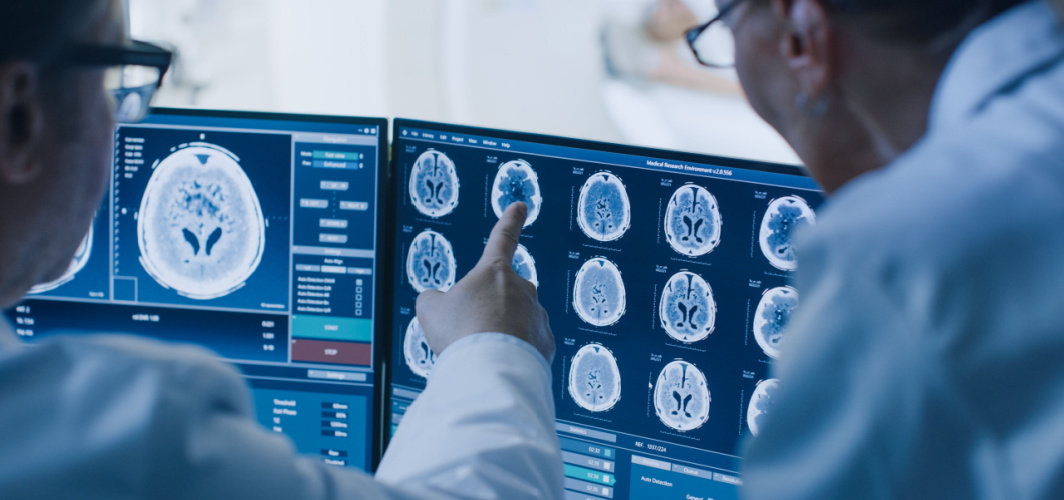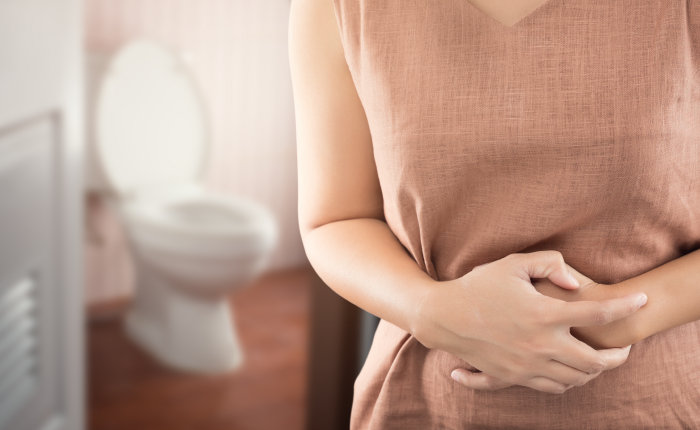Others
The role of hormones in sexual wellness: understanding the science
By - 01 March 2024
Share this article
0
0 like

Sexual wellness is a multifaceted aspect of human health that encompasses physical, emotional, and psychological factors. While various factors contribute to a fulfilling sexual experience, hormones play a significant role in regulating sexual function and desire. Understanding the science behind hormones and their impact on sexual wellness is crucial for promoting overall well-being and addressing sexual health concerns.
Hormones and Sexual Function:
Hormones are chemical messengers produced by the endocrine glands that regulate various bodily functions, including sexual health. Key hormones involved in sexual function include testosterone, estrogen, progesterone, and oxytocin.
Testosterone, often referred to as the "male hormone," is also present in females and plays a vital role in libido, arousal, and overall sexual satisfaction. In men, testosterone levels decline gradually with age, leading to changes in sexual function and desire. Similarly, women experience fluctuations in testosterone levels throughout their menstrual cycle and during menopause, affecting sexual desire and response.
Estrogen and progesterone are predominantly female hormones that influence reproductive health and sexual function. Estrogen is essential for maintaining vaginal lubrication, elasticity, and blood flow to the genitals, while progesterone helps regulate the menstrual cycle and supports pregnancy. Fluctuations in estrogen and progesterone levels can affect libido, mood, and sexual satisfaction in women.
Oxytocin, often called the "love hormone," plays a crucial role in bonding, intimacy, and sexual arousal. Released during sexual activity, childbirth, and breastfeeding, oxytocin promotes feelings of trust, connection, and relaxation, enhancing the overall sexual experience.
Hormonal Imbalance and Sexual Health:
Imbalances in hormone levels can disrupt sexual function and overall well-being. Conditions such as hypogonadism, polycystic ovary syndrome (PCOS), and menopause can lead to hormonal imbalances that affect libido, arousal, and sexual response.
In men, low testosterone levels, known as hypogonadism, can cause erectile dysfunction, reduced libido, and decreased sperm production. Similarly, women may experience symptoms of hormonal imbalance during menopause, such as vaginal dryness, hot flashes, and diminished sexual desire.
In addition to the physical symptoms, hormonal imbalances can also impact psychological well-being and interpersonal relationships. Individuals experiencing disruptions in sexual function due to hormonal imbalance may feel frustrated, anxious, or inadequate, leading to decreased self-esteem and intimacy issues with their partners.
Addressing hormonal imbalances through appropriate medical interventions and lifestyle adjustments can not only alleviate physical symptoms but also improve the overall quality of life and relationship satisfaction. By seeking support and understanding the underlying causes of hormonal imbalance, individuals can take proactive steps toward restoring sexual health and well-being.
Addressing Hormonal Imbalance:
Managing hormonal imbalances is essential for restoring sexual health and overall well-being. Treatment options may include hormone replacement therapy (HRT), lifestyle modifications, and addressing underlying health conditions.
HRT involves supplementing deficient hormones to restore balance and alleviate symptoms of hormonal imbalance. In men, testosterone replacement therapy can improve libido, erectile function, and overall sexual satisfaction. For women experiencing symptoms of menopause, estrogen and progesterone therapy can relieve vaginal dryness, hot flashes, and other related symptoms.
In addition to medical interventions, lifestyle modifications can support hormonal balance and enhance sexual wellness. Maintaining a healthy diet, regular exercise, stress management, and adequate sleep can help regulate hormone levels and improve overall sexual function.
All types of hormonal imbalance medications are available at your nearest Apollo Pharmacy store.
Communication and Emotional Intimacy:
In addition to hormonal balance, factors such as communication and emotional intimacy within relationships play a crucial role in fostering a healthy and fulfilling sexual connection. Open communication, trust, and emotional support contribute to satisfying sexual relationships and overall well-being.
Moreover, nurturing communication and emotional intimacy can enhance sexual satisfaction by fostering a deeper connection between partners. Couples who openly communicate their desires, boundaries, and concerns are better equipped to navigate challenges and explore new experiences together. Building trust and emotional intimacy allows individuals to feel secure and vulnerable with their partners, creating a safe space for intimacy and exploration. By prioritizing communication and emotional connection, couples can strengthen their bond and enjoy a more fulfilling and mutually satisfying sexual relationship.
Conclusion:
Hormones play a significant role in sexual wellness, influencing libido, arousal, and overall sexual satisfaction. Understanding the science behind hormones and their impact on sexual function is essential for promoting healthy sexual relationships and addressing sexual health concerns.
By recognizing the role of hormones in sexual wellness and addressing hormonal imbalances through appropriate interventions, individuals can enhance their overall well-being and enjoy fulfilling sexual experiences at every stage of life. With a holistic approach that considers both physical and emotional factors, achieving optimal sexual wellness is within reach for everyone.
Services
Others
Leave Comment
Services
Recommended for you

Others
How to Prepare for Your First Oncologist Appointment
Get ready for your first oncologist appointment with confidence! Learn what to expect during the appointment and how to prepare yourself.

Others
Common Myths and Facts about Constipation
Have you ever experienced the sense of pressing down or a crowded feeling in your lower abdomen? Yes? It’s the feeling of constipation. This can affect your lifestyle and can make your mornings hectic.

Others
6 Hidden Sexual Health Conditions
There are certain uncomfortable topics in our society labeled as taboo. Sexual health is one of the topics. Let's break a taboo and spread awareness about some hidden sexual health conditions. #SexualHealth #HiddenDiseases #ApolloPharmacy #SexualAwareness
Subscribe
Sign up for our free Health Library Daily Newsletter
Get doctor-approved health tips, news, and more.

